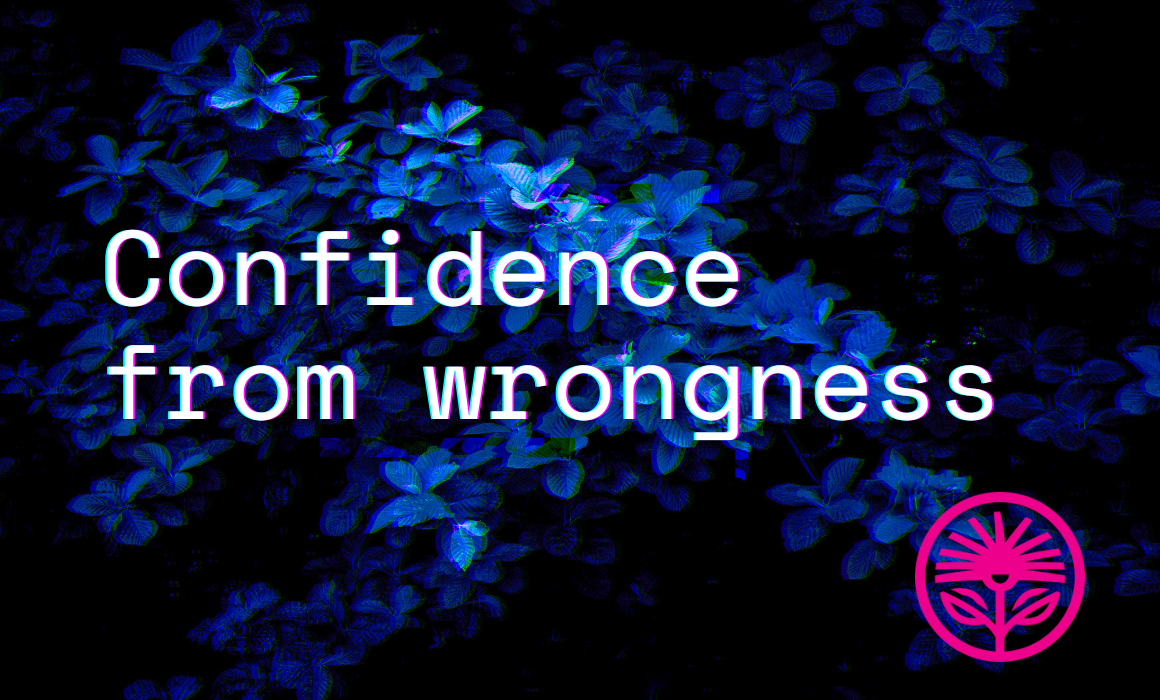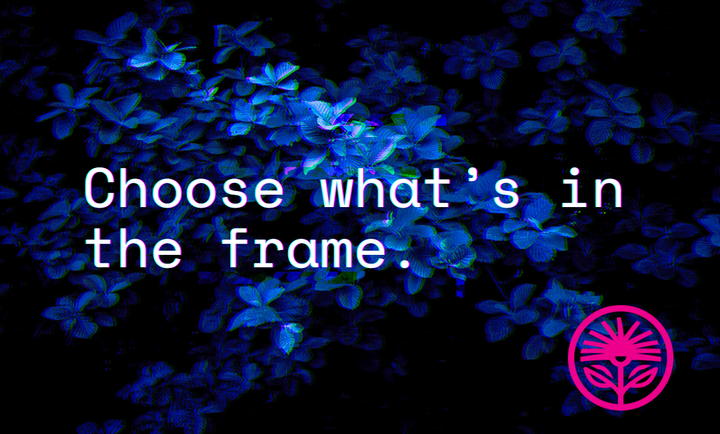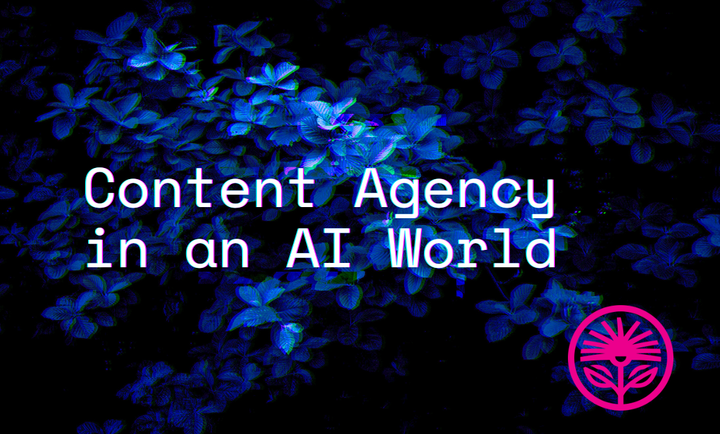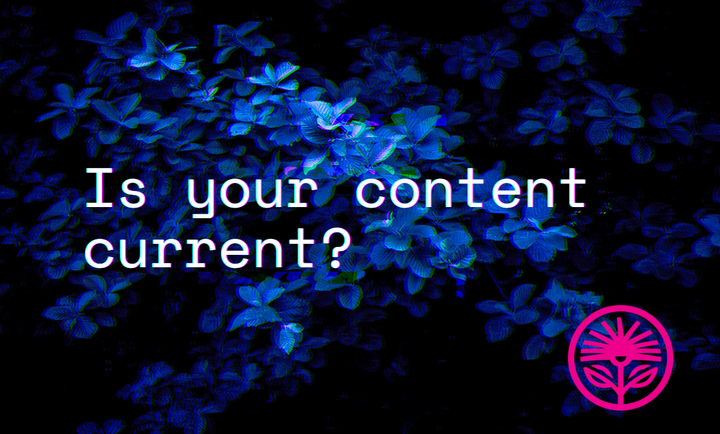Confidence from wrongness — Kelford Labs Weekly
Gaining marketing confidence from making mistakes.

“I made so many mistakes in a small way, and learned something from each. I made no mistake twice. Every once in a while I developed some great advertising principle. That endured.”
— Claude C. Hopkins, My Life in Advertising
Marketing is made up of mistakes. Things we did that didn’t work.
That’s how we find our way to what does work.
Of course there are principles, frameworks, and guides to help us be wrong less often, but if we’re not experimenting, we’re not learning.
And if we’re not making mistakes, we’re not really experimenting.
“Error is not a bug: it is a feature, and important and inevitable signal that it is time to initiate another intervention into the complex adaptive system. The experience of error is consistent with a march toward ever-better answers—ever-better models.”
— Roger Martin, When More is Not Better
So how do we keep the fact that we got something wrong from wrecking our confidence?
Well, first, as my partner Leah Sanford says, sometimes “it’s important to grieve our wrongness.” Meaning, it’s okay to be disappointed that a good idea didn’t turn out to be a good move.
We can take a moment to think about what went wrong, and what led us to where we ended up.
Maybe our latest ad spend didn’t result in any sales. Maybe our latest push on social media didn’t turn into any leads. Maybe our latest attempt at networking was an unsuccessful bore.
We can take a moment to think about why we thought it was a good idea, and remind ourselves of our good intentions. Then, we can take a step back and think about why our actions didn’t get us what we wanted.
Maybe it was bad timing, bad circumstances, or just bad luck, and it’s worth trying the same thing again.
But if not, if we’ve learned it was the wrong thing to do, then it’s time to celebrate!
“If, when we fail, we fail in a unique way, each of us will have a unique contribution to make when we exchange information about our failures.”
— Ayelet Fishbach, Get It Done
We’ve learned something new about what will work by finding something that didn’t.
I like to think that if our past marketing decisions aren’t at least a little embarrassing, we’re playing too safely, too defensively. We need to try new things, stretch ourselves, and find our way to what works.
We’ll never be perfect, we’ll never have perfect marketing. What we want is constantly improving marketing. Slow, steady progress in the right direction, knowing that that involves the occasional twist, turn, and dead end.
This isn’t a cry for recklessness or rashness. But for a bit of adventurousness. Little, calculated risks.
That’s how we build marketing confidence. By having a record of past actions that got us closer and closer to what works best. Knowing that it’s a constant process, not an end state or destination.
“All creative thinking about the future starts with experiments, feeling our way through a changing landscape, finding boundaries and contours. … All of this work shows us where we are, but still requires resilience because the route itself is uneven.”
— Margaret Heffernan, Uncharted
Having this confidence in our marketing is crucial to keep going and keep learning.
Because what we need more than anything is creativity, and what creativity needs is optimism.
If we’re stressed, frustrated, or annoyed by our marketing we’ll merely trigger a doom loop, where our marketing quality degrades alongside our enthusiasm.
But when we’re confident that, no matter what, we’ll learn and improve, we’ll be more capable and creative. And therefore more likely to succeed.
“When we are stressed, we become fixated on detecting dangers; we focus on what can go wrong. This then creates excessively pessimistic views, which, in turn, can cause us to become overly conservative.”
— Tali Sharot, The Influential Mind
So, what’s the last marketing effort you made that didn’t pan out?
Did you take the time to grieve your wrongness? Can you now?
Take a moment to think about why you did what you did, and what good intentions led you there. Then, think about what you learned about the world, the market, the medium that helps explain why things didn’t go as planned.
And now, consider how you can apply that learning to something new. Something perhaps with the same intent, but with a more informed approach.
And think about how you can do this with confidence—by taking a calculated risk, and ensuring that even if it doesn’t work, you still win.
Because marketing is made up of mistakes. But that doesn’t mean failure, and it doesn’t require disappointment.
Merely the acknowledgment that not everything we try will work, and not everything we want to happen will happen.
But if we keep trying, if we keep thinking creatively, and if we keep acting confidently—we’ll keep making progress.



